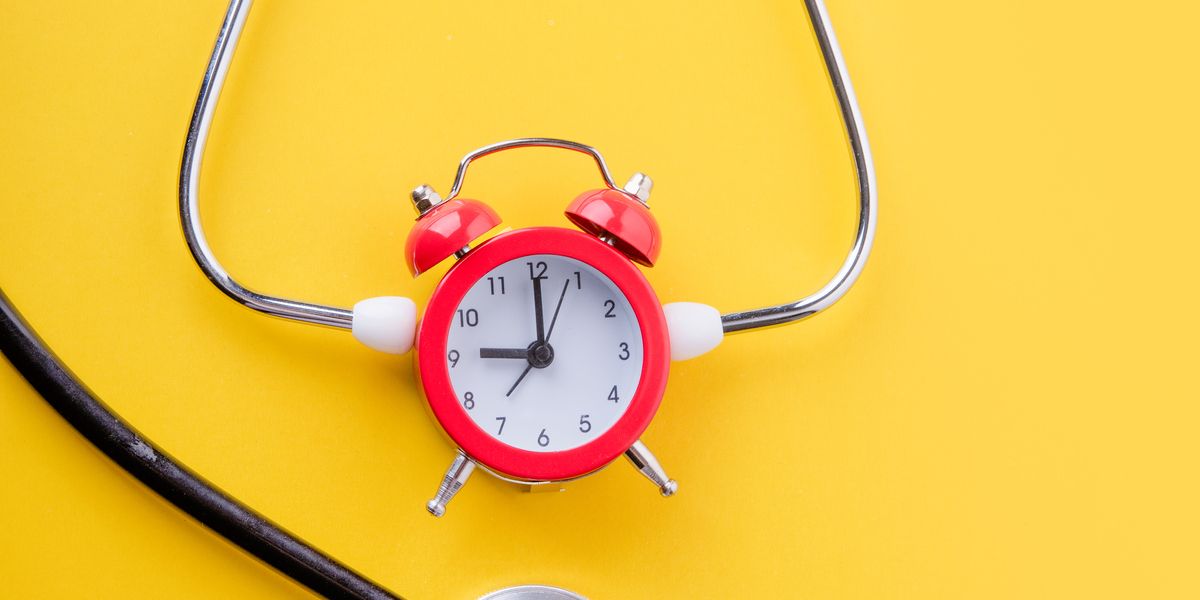Regularly disturbing our body’s internal clock may raise the risk of obesity, type 2 diabetes and high blood pressure, heart specialists have said.
A statement released by the American Heart Association, ‘Role of Circadian Health in Cardiometabolic Health and Disease Risk’, has outlined how modern lifestyles disrupt the body’s natural circadian rhythm, which could increase the risk of serious health issues.
Experts say more research is needed into how health is affected by circadian rhythms, which are produced by the body’s natural 24-hour internal clock which is responsible for regulating several biological processes including sleep, wakefulness, hormone release, digestion and body temperature.
The volunteer chair of the statement writing group, Kristen Knutson, PhD, who is an associate professor of neurology at Northwestern University’s Feinberg School of Medicine in Chicago, said: “Regular interruptions to the body clock are much more than simple inconveniences like staying up too late or waking up too early. These disruptions may trigger adverse health effects in several different ways.
- Seasonal changing of the clocks not linked to increased heart attack risk
- Excessive smartphone use higher among night owls feeling lonely and anxious
- Gut microbiome among people with prediabetes reshaped by pistachio snacking at night
“Aligning our daily behaviours, when we sleep, eat and move, with our internal clock is important to support optimal cardiometabolic health.”
Circadian rhythms are the cycles in physiological processes that control heart rate, blood pressure, metabolism and hormone secretion such as cortisol. Circadian health is defined in the statement as the ideal rhythmical behaviour and orientation of the circadian system with the light/dark cycle.
Circadian rhythms are orchestrated through the light detected in the eye’s retina, which is transmitted to genes and proteins in the body which build the internal clock rhythm. This balance can be affected by the timing of when someone sleeps, eats and exercises.
Circadian disruption happens when there is a mismatch between someone’s internal body clock and their lifestyle. This could include ‘night owls’ having to wake earlier, meaning they are awake during their ‘biologic’ night.
The heart health experts say that despite circadian rhythms playing an important role in keeping people healthy, they are often overlooked in everyday medical care.
They say that new technology, such as wearable devices, can help people to monitor their circadian rhythms, with Associate Professor Knutson saying: “Everyone has an internal clock, and it’s time we started listening to it.
“Simple changes, like going to bed and waking up at the same time every day, eating meals earlier and getting morning sunlight, may make a meaningful difference in your heart and metabolic health.
“We still need more research to establish causality and understand how and why circadian rhythms affect health.
“Ideally, such research may help scientists figure out the best times for healthy habits like sleeping, exercising and eating, and create personalised strategies that match people’s natural body clocks.”
Some of the key messages from the statement included:
- Sticking to consistent sleep timings is just as imperative as length of sleep
- The importance of light exposure and how morning exposure to natural light helps underpin healthy rhythms
- Meal timing impacts metabolism – irregular mealtimes can disrupt circadian clocks and lead to blood sugar dips or spikes
- Timing of physical activity is important
- A person’s internal clock timing should direct the timing of interventions
Read more in Circulation









